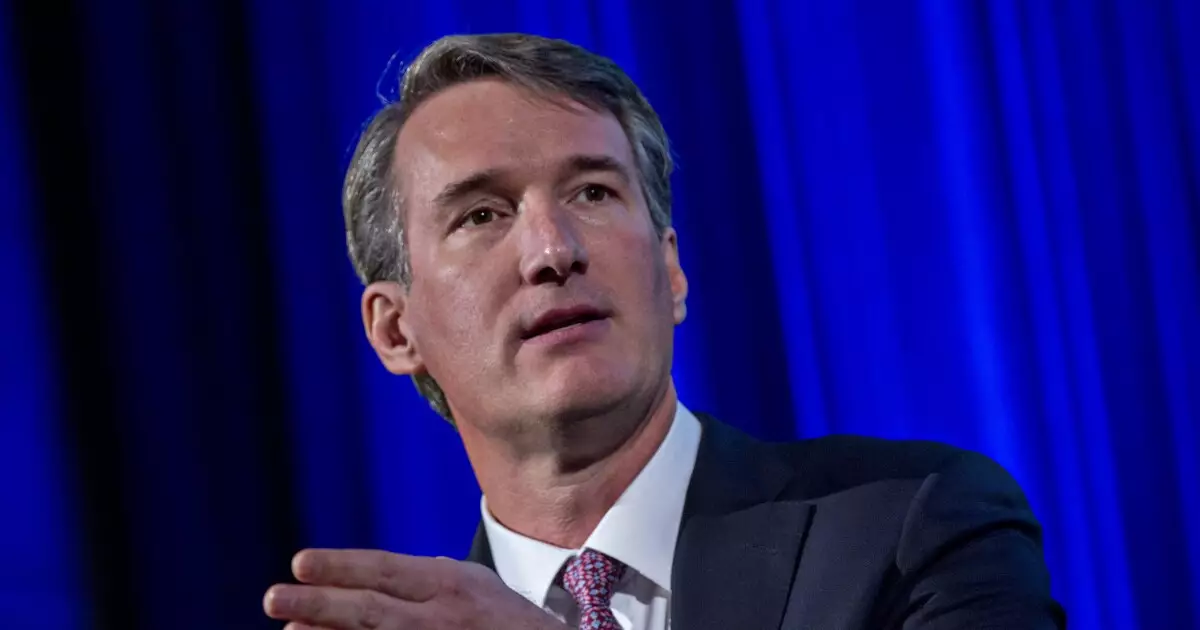The Virginia General Assembly has seen its fair share of battles and negotiations regarding the state’s budget. From clashes over environmental issues to school funding, the process has been anything but smooth. The saga that unfolded between the state’s Republican governor and the Democratically controlled legislature has kept the budget in a constant state of flux. Much of the tension stemmed from disagreements over topics such as the commonwealth’s participation in the Regional Greenhouse Gas Initiative and the allocation of funds for education. These conflicts have underscored the importance of balancing competing priorities in the budgeting process.
As discussions continue around the budget deal, one of the key points of contention has been how to generate revenue and allocate resources effectively. Proposals for a 3% raise for teachers, state employees, and education funding have sparked debates on how to finance these increases. Suggestions such as applying state sales taxes to digital downloads and expanding the tax base to include businesses have been met with mixed reactions. The intricacies of pay-fors and spending decisions have highlighted the need for careful consideration and strategic planning in budgetary matters.
Maintaining Virginia’s fiscal health and credit rating has been a priority throughout the budget process. Bond rating agencies have been closely monitoring the developments in Richmond to assess the commonwealth’s ability to meet its financial obligations. Despite the political back-and-forth, the agencies have expressed confidence in Virginia’s creditworthiness as a triple-A long-term issuer. The state’s history of managing pension contributions and rainy-day funds has also played a role in shaping perceptions of its financial stability. Balancing the need for funding state pensions with other budgetary demands remains a critical challenge for lawmakers.
The stakes are high as the General Assembly races to finalize the budget and avoid any disruptions to government operations. The looming threat of a shutdown underscores the importance of timely budget approvals and responsible fiscal governance. Failure to reach a consensus on the budget could have far-reaching implications for the state’s services and programs. The bumpy timeline leading up to the special session has highlighted the complexities and uncertainties inherent in the budgeting process. From last-minute adjustments to unexpected proposals, the road to a finalized budget has been fraught with challenges and compromises.
The budget negotiations in Virginia are a testament to the complexities of fiscal policy and governance. Balancing competing priorities, generating revenue, and allocating resources require careful deliberation and collaboration among stakeholders. The outcome of the budget process will have lasting implications for the state’s residents and its financial standing. As the General Assembly works towards finalizing the budget, the focus will be on addressing key issues such as environmental initiatives, school funding, revenue generation, and debt management. By navigating these challenges with foresight and prudence, Virginia can chart a path towards a more stable and prosperous financial future.

